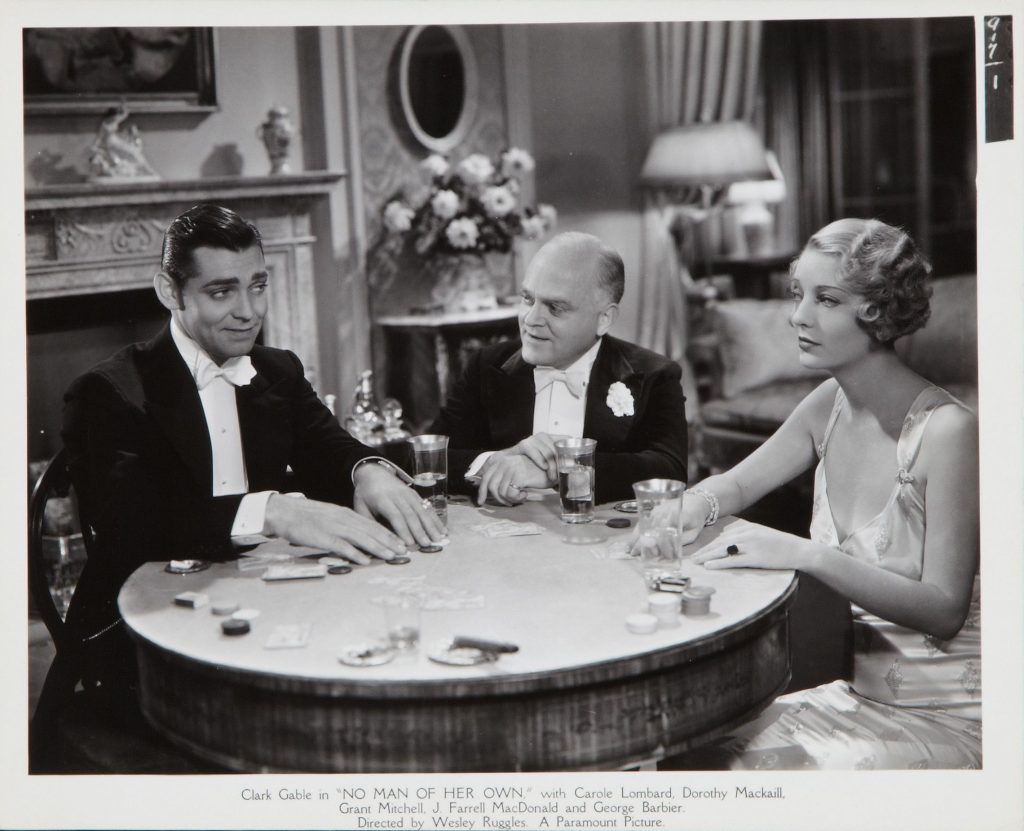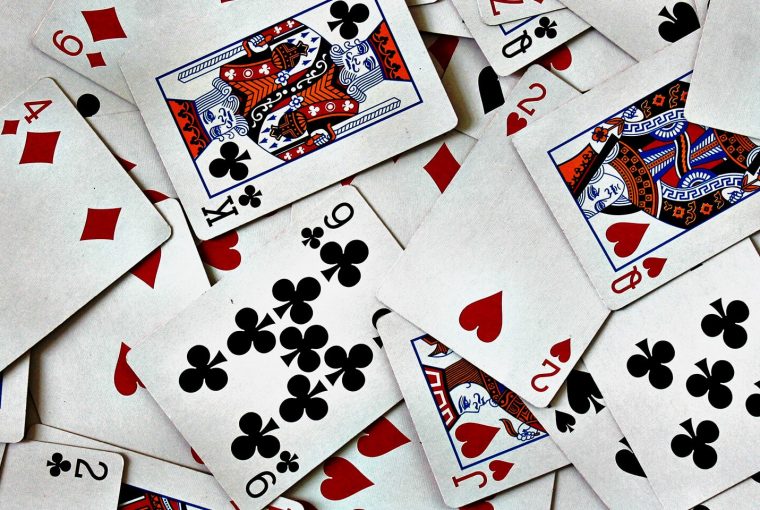After you enjoy this guest article from author Jesse Browner, who further elaborates on his experience with the true psychology of hospitality, check out our original interview with him to learn more about the deeply primal undercurrents of the host/guest relationship.
Many years ago, I wrote an article called “Shark Bait” for Gastronomica magazine, about the poker game I hosted on a regular basis, where I found that I was able to increase my profits by serving sandwiches so delicious that my adversaries were distracted from their cards and took foolish risks. The way I saw it, this trick was emblematic of something inherent but unspoken about the nature of hospitality – how all the warmth, generosity and bonding can often conceal the host’s bid for surreptitious advantage by exerting total control over an environment in which the guest is in a position of vulnerability. That vulnerability could be figurative or real – think being a dinner guest of the Roman emperor Nero, for instance. Either way, the central objects of poker – seduction and pretense – were also those of hospitality. “Playing poker has made me a better chef,” I wrote, “and cooking has made me a better gambler, because each fosters the same understanding of underlying human motives and weaknesses.” I quoted classical sources, from Plato to Beowulf to Dante, to demonstrate how hospitality has been wielded as a blunt instrument throughout history to gain leverage, signal power or weaken the resistance of a guest to a host’s blandishments. Like the Greek philosopher Epicurus, I reminded my readers that “the end of all our actions is to be free from pain and fear” and that “whatever we may do— including giving pleasure to others—we ultimately do to please ourselves.'”
I am still playing in that same poker game today, as are several of us who inaugurated it more than 30 years ago. When it began, we were young, fresh out of college, living the bohemian dream in New York’s East Village. Artists, composers, filmmakers, novelists, convinced that we were all destined for great things. When I wrote “Shark Bait,” some twelve years later, we were mature – some of us married with children, some building successful careers, some already feeling the sting of disappointment. Today, none of us is old yet, technically speaking, but it won’t be long. We spend less time talking about art and philosophy and more time moaning about our creaking bodies. Our children are grown up, our parents either ancient or dead.
Poker games among old friends can be rowdy and freewheeling. They are not the grim, tense, tight-lipped affairs broadcast on ESPN. We drink, we laugh, we gossip, we spend as much time trash-talking as we do playing. When my daughters were little, my wife took my poker games as an opportunity to spend the evening out. Our girls’ dinner would be whatever meal I had prepared for the game – hot sandwiches, grilled sausages, empanadas, potato chips, beer. They watched tv, they made charming small talk with my poker buddies, they took themselves to bed. Our raucous laughter and arguments usually roused one or the other of them an hour or two later. She would stumble into the smoke-filled room, fists in eyes, climb onto my lap and quietly guide my decisions for a hand or two before nodding off. Sometime later, my wife would arrive, having spent a few very restorative hours out of my company; she would ask who was winning, trade news and anecdotes with the boys, then head off to bed. Our pledges to keep the noise down were forgotten within minutes. Often, in those days of cheap whiskey and cigarettes, we played until two or three in the morning, even on weeknights.

In the mornings after these games, my wife often told me about how pleasant it was for her to lie in bed and listen to us as we played. Far from disturbing her with our chatter, she claimed, we set up a soothing rhythm of joyful sound that slowly buoyed her away into sleep. Like waves crashing against rocks, it rose out of silence and low muttering to sudden, roiling outbursts, then ebbed away until the next crescendo. My daughters told me the same thing. For them, the sound of men playing poker in the living room late into the night was the sound of safety, domesticity, happiness – the sound of a household at peace with itself. Even today, those half-remembered, half-dreamed late-night poker marathons figure among their most cherished memories.
As we sat down to a game recently, I warned my poker buddies that I would probably not make it through the whole game. I had been enduring a prolonged attack of kidney stones, a regular once-a-year trial for me, and while the pain was under control that particular evening, I had not slept a wink in three days. There was no question of canceling the game, but it’s a basic courtesy to give advance warning if you intend to call it quits early; to do otherwise would smack of poor sportsmanship. Stay as late as you want, I told them, help yourselves to whatever’s in the fridge. Don’t worry about cleaning up. My home is your home.
And so it came to pass. By 10 p.m., I was done in, exhausted from the relentless, dull ache in my lower back and the nights spent pacing the floor or soothing my discomfort under scalding showers. I dropped three Advil, hugged my friends and took myself off to bed. Naturally, it took me some time to fall asleep; in the meantime, I listened to the chatter wafting in from the living room. And that’s when it happened. For the first time in more than 30 years of playing poker, I was experiencing the game not as its host but the way the rest of my family had always experienced it – removed, lying in the dark, afloat on a disembodied tide of laughter and forgetfulness. It was truly soothing and delightful to lie there and listen to the others enjoy their innocent pleasures, knowing that, for one moment, I had ceased to exist in their minds. Even through the fog of pain and exhaustion, it was a moment of magical, almost mystical revelation. My wife and my daughters had been absolutely right. How often in our turbid, self-involved bubbles of consciousness are we able to turn to our fellow human being and say in all honesty: I know exactly how you feel?
As I lay there in bed, listening to my friends go about our business without me – a business in which I had been intimately involved only a few moments earlier – I was also moved to consider, and reconsider, what it means to be a host. Ten minutes earlier, I had understood my role as the host of countless dinner parties, family thanksgivings, children’s birthdays, publishing parties and poker games the way I had always understood it. I was there to maintain control of this artificial world, create order out of chaos, conjure a transient universe of abundance and ease in which my guests could feel safe, cared for, appreciated and chosen – a kind of Elysian Fields curated by a benevolent minor deity.
“To entertain a guest is to make yourself responsible for his happiness so long as he is beneath your roof,” wrote the French gastronome Jean Anthelme Brillat-Savarin in The Physiology of Taste. That is absolutely true, but how do you fulfil that responsibility while writhing in agony on your sick bed? And how are you going to exercise the absolute control necessary to make the sleight-of-hand of hospitality successful? These may seem like trivial considerations in the age of the Big Lie and global warming, but to me the very foundations of all civilizations going back to the dawn of history – diplomacy, land ownership, labor relations, the laws of war, trade and the accumulation of wealth – are based on the rules that govern hospitality. There is nothing trivial about what it means and what it takes to be a good host, because it goes to the very heart of how we see ourselves in the world and among our peers, and how we wish to be seen. If the host is confused about her own role – about who she is in the world and how she wishes to broadcast that message – then her hospitality will send mixed messages and ultimately fail. At least, that’s what I always believed, until I found myself hosting a poker game from my bedroom.

The expression “the cards speak” refers to a situation in high-low poker games in which the players reveal their cards to one another, as opposed to declaring their position and keeping their cards hidden. Such openness can rub some poker players the wrong way, because secrecy, subterfuge and bluff are intrinsic and critical skills of a successful player. The idea of revealing your hand to the entire table can seem weak, or even perverse, despite being required by the rules. Everybody can see what you have. Everybody can see how you do it.
A conscientious host, too, would prefer to keep her hand hidden. She wants what she does to seem like magic. She wants the world she has conjured out of thin air to seem real, permanent. You can’t do that lying on your back in a dark room, far from the action, where you are forced to give up agency, reveal your secrets and watch how the world reacts when you’re not there to control it. There is no such thing as hospitality without a host, but it turns out there may be more to being a host than maintaining iron-fisted control. It turns out that there is much to learn about the pleasure that people derive from each other’s company when you are not there to direct them. It turns out that when the cards speak, everybody is listening.



